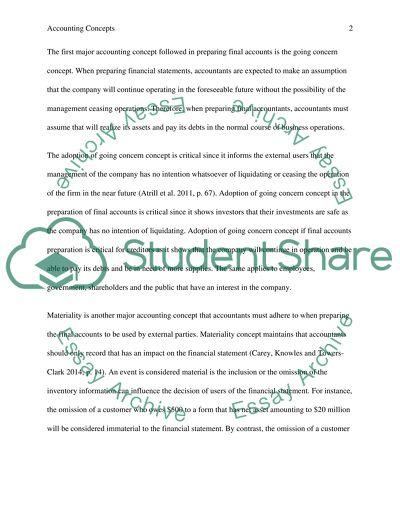Cite this document
(“Describe the key accounting concepts and discuss how they enhance the Essay”, n.d.)
Describe the key accounting concepts and discuss how they enhance the Essay. Retrieved from https://studentshare.org/finance-accounting/1665327-describe-the-key-accounting-concepts-and-discuss-how-they-enhance-the-usefulness-of-financial-statements-for-external-users
Describe the key accounting concepts and discuss how they enhance the Essay. Retrieved from https://studentshare.org/finance-accounting/1665327-describe-the-key-accounting-concepts-and-discuss-how-they-enhance-the-usefulness-of-financial-statements-for-external-users
(Describe the Key Accounting Concepts and Discuss How They Enhance the Essay)
Describe the Key Accounting Concepts and Discuss How They Enhance the Essay. https://studentshare.org/finance-accounting/1665327-describe-the-key-accounting-concepts-and-discuss-how-they-enhance-the-usefulness-of-financial-statements-for-external-users.
Describe the Key Accounting Concepts and Discuss How They Enhance the Essay. https://studentshare.org/finance-accounting/1665327-describe-the-key-accounting-concepts-and-discuss-how-they-enhance-the-usefulness-of-financial-statements-for-external-users.
“Describe the Key Accounting Concepts and Discuss How They Enhance the Essay”, n.d. https://studentshare.org/finance-accounting/1665327-describe-the-key-accounting-concepts-and-discuss-how-they-enhance-the-usefulness-of-financial-statements-for-external-users.


